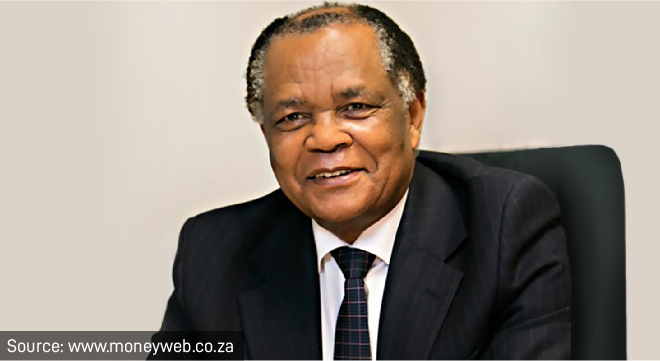Parliament’s finance committees have resolved that their respective chairpersons will engage directly with Finance Minister Enoch Godongwana on legislation to make the Office of the Tax Ombud (OTO) “more clearly” financially and operationally independent of the South African Revenue Service (Sars).
In a proposal adopted at the conclusion of a joint meeting on Tuesday night, the National Assembly’s Standing Committee on Finance and the National Council of Provinces’ Select Committee on Finance decided that if National Treasury has not made satisfactory progress by mid-September with introducing legislation that delineates the role and functions of the OTO, the committees “will consider what action to take, including exploring the possibility of introducing a committee bill”.
In a briefing to MPs, the Tax Ombud, Judge Bernard Ngoepe, expressed his frustration that he has been struggling for eight years to have his office established in law.
He said there was no legislation that provided for the establishment of the OTO, and he was operating an office that did not legally exist.
Judge Ngoepe, whose term as ombud expires at the end of September, said he has been pleading with successive finance ministers to rectify the anomaly whereby his office was supposed to have oversight of Sars but was not financially independent of Sars.
He said Godongwana seemed to be the first minister to express a real interest in addressing the OTO’s status.
The amendment to the Tax Administration Act in 2016 that authorised the OTO to appoint its own staff, instead of their being seconded from Sars, was welcome, but insufficient, the judge said.
Treasury waiting for final Zondo report
National Treasury’s acting director-general, Ismail Momoniat, said Treasury recognised the need for the OTO to be more autonomous.
He said Treasury has not come forward with legislation because the government was waiting to see what recommendations the Zondo Commission’s final report made concerning Sars. These recommendations, as well as the recommendations of the Nugent Commission and other proposals relating to Sars, could influence legislation on the OTO.
Momoniat said Treasury hoped to develop legislation to make the OTO more independent of Sars within the next year.
But neither Judge Ngoepe nor the chairperson of the Select Committee on Finance, Yunus Carrim, were satisfied with Momoniat’s response.
The judge said the Nugent Commission’s report had “nothing to do” with the issues he has raised.
He said two previous ministers of finance did not even acknowledge his correspondence on the need to establish the OTO in law – this after his office had spent millions of rand on an investigation that explored possible legislative frameworks for the OTO.
It was understandable if taxpayers wondered whether their complaints would be dealt with impartially if the OTO was not financially independent of Sars.
Judge Ngoepe said he has a good working relationship with Sars Commissioner Edward Kieswetter, but it was not acceptable for the functioning of state institutions to depend on the personal relationships between their respective heads.
Carrim, who drafted the committees’ resolution, said the matter has been “dragging on” since 2018, when the Standing Committee on Finance decided that the OTO must be more clearly financially and operationally independent of Sars.
He said the issue of the OTO’s independence had to be addressed urgently.



